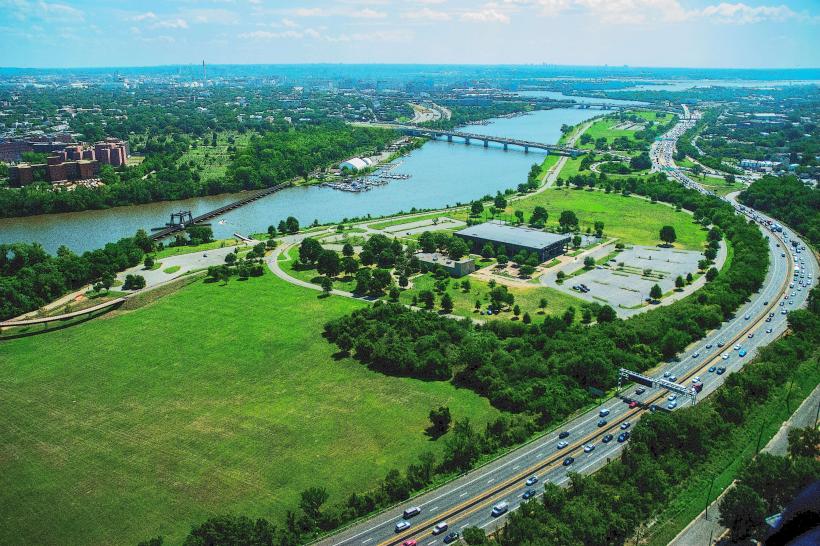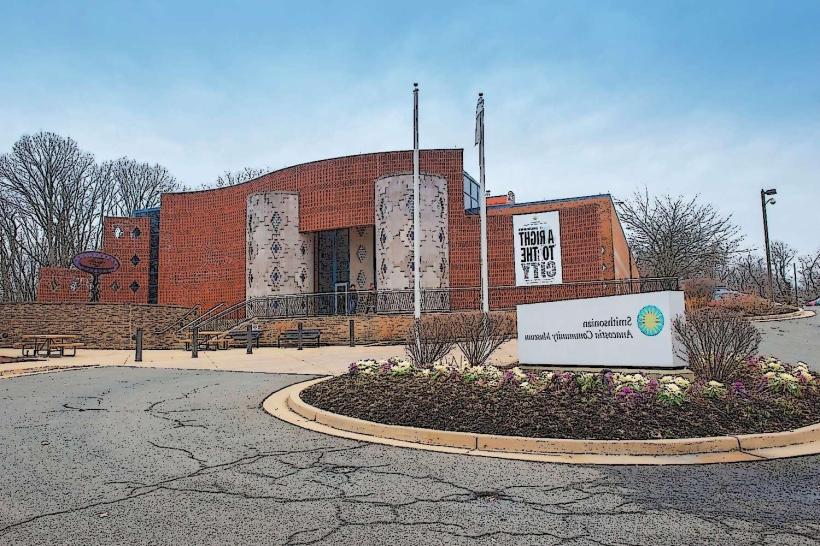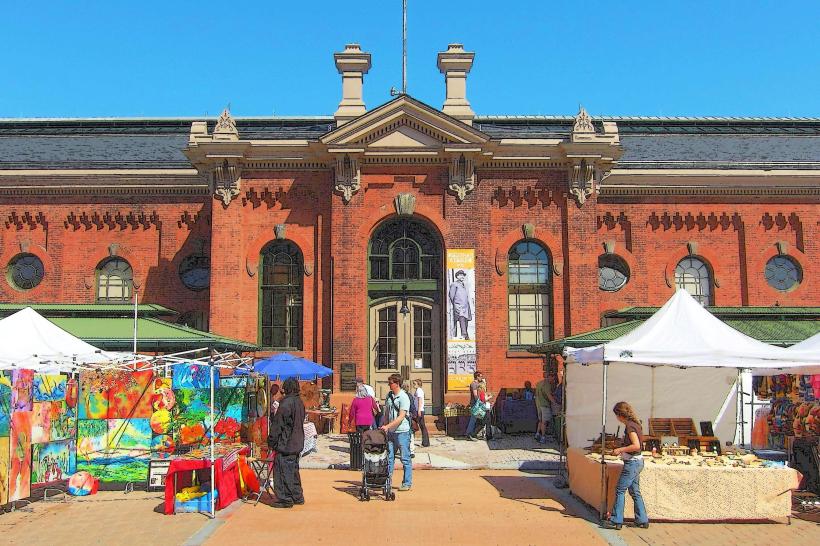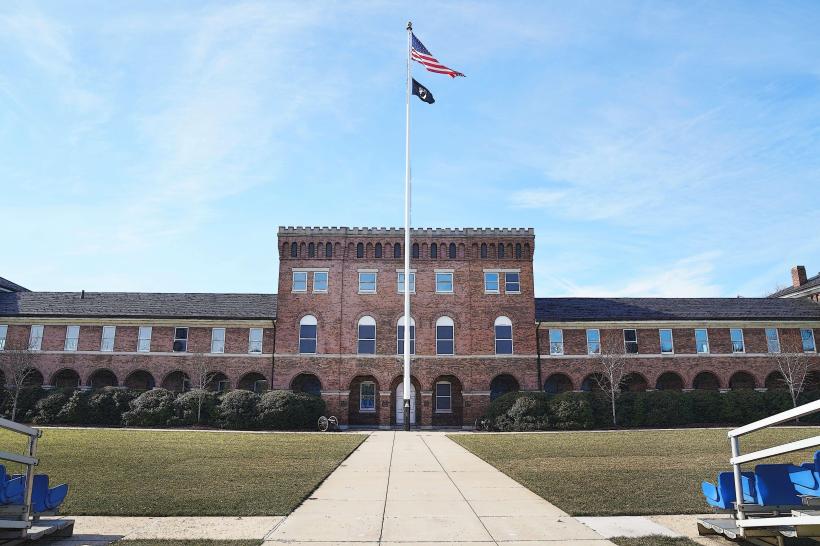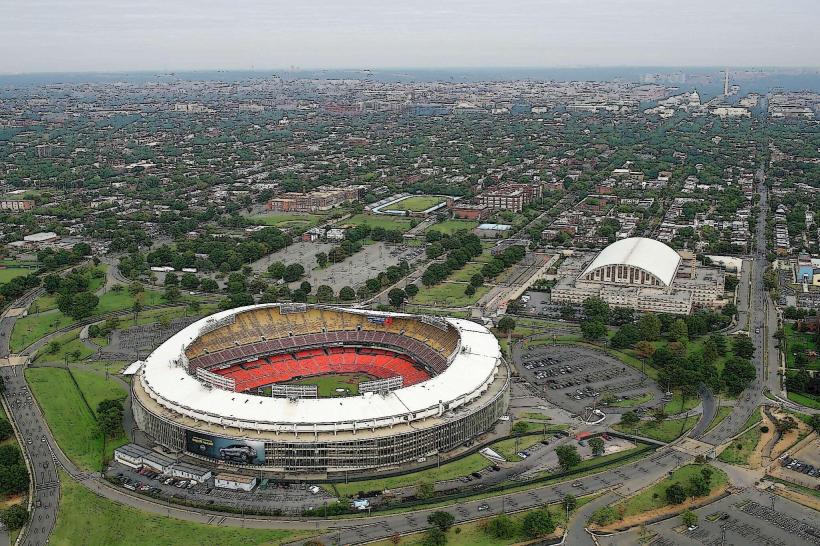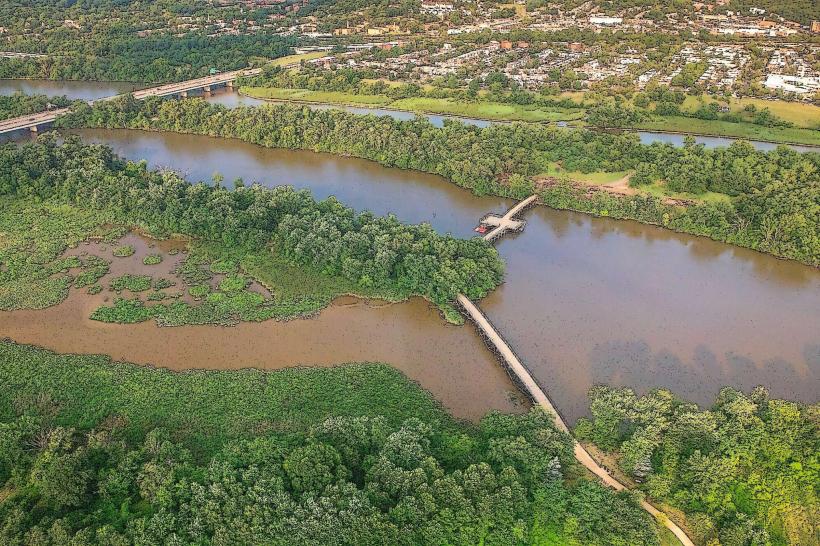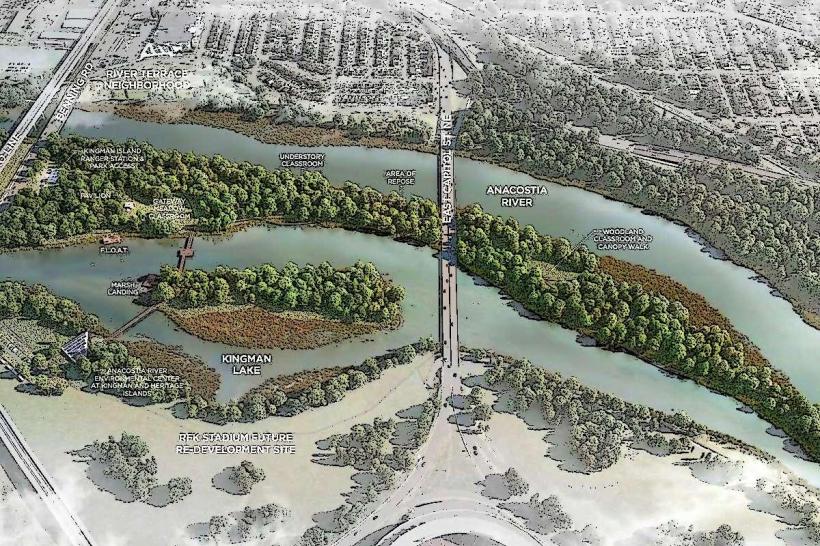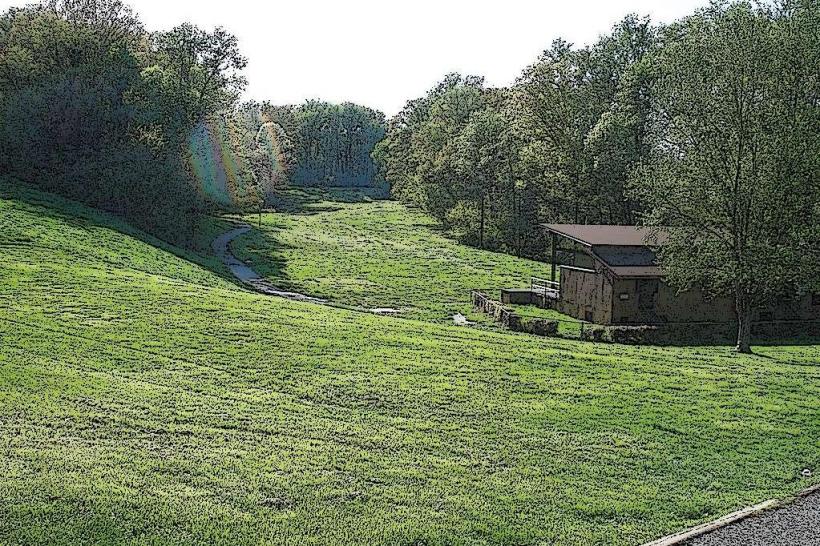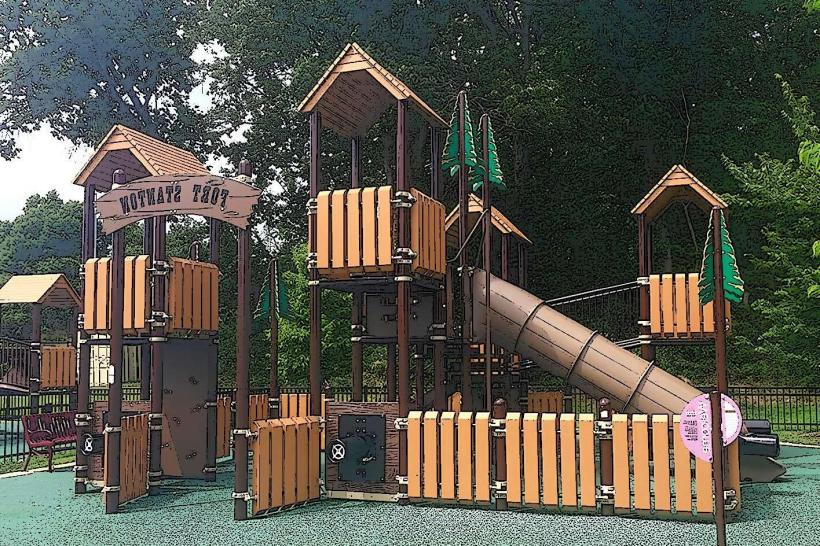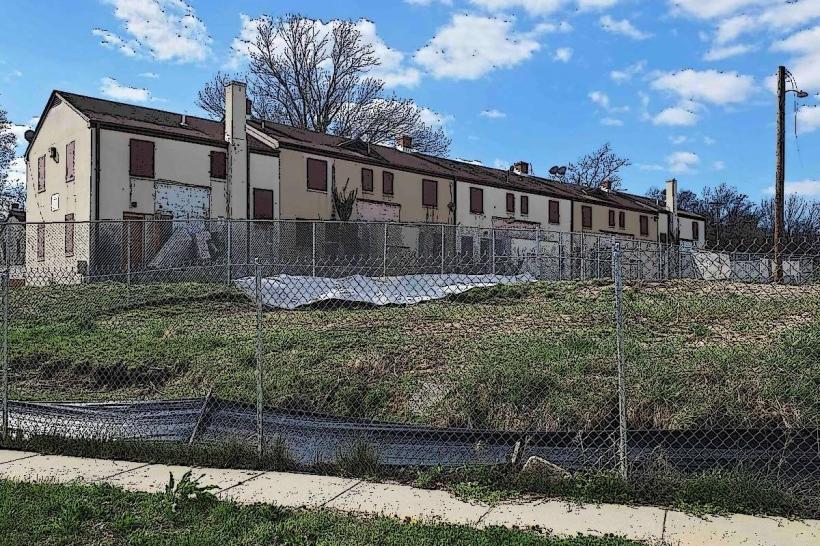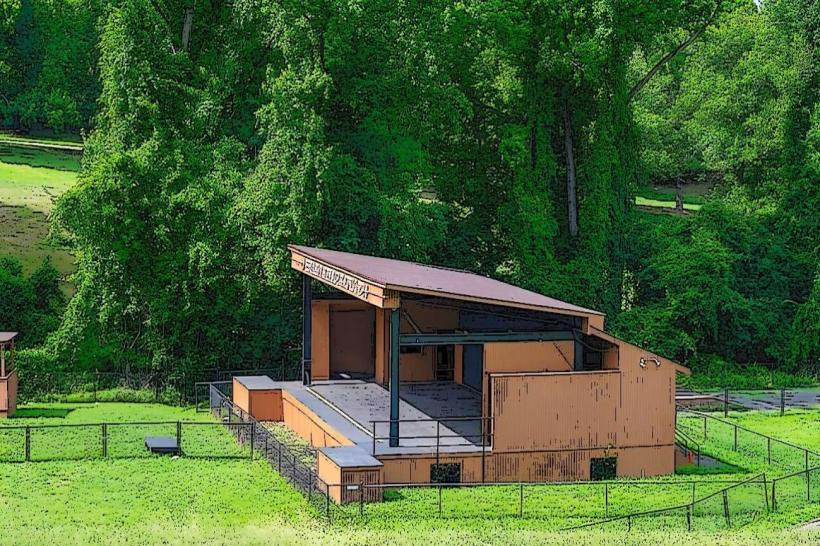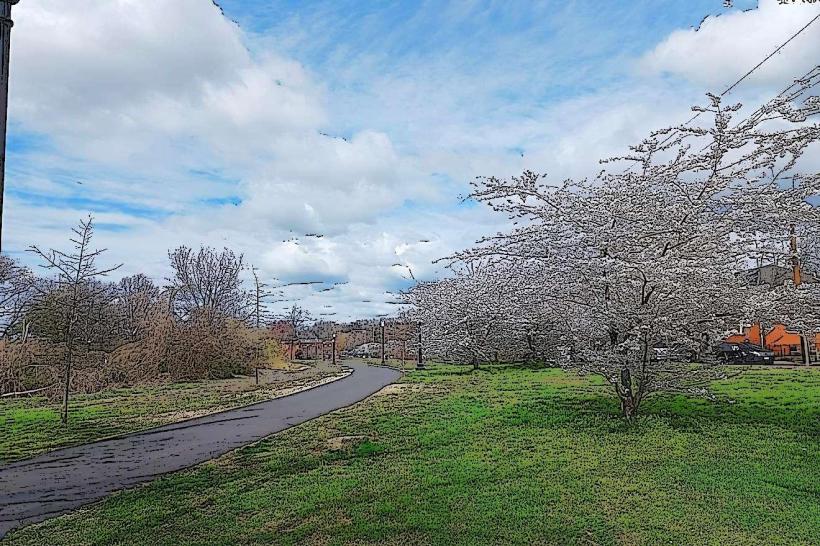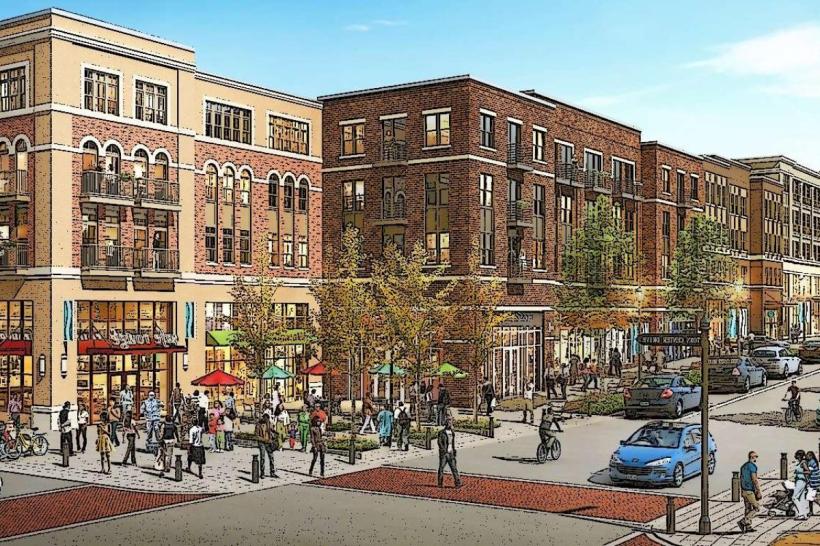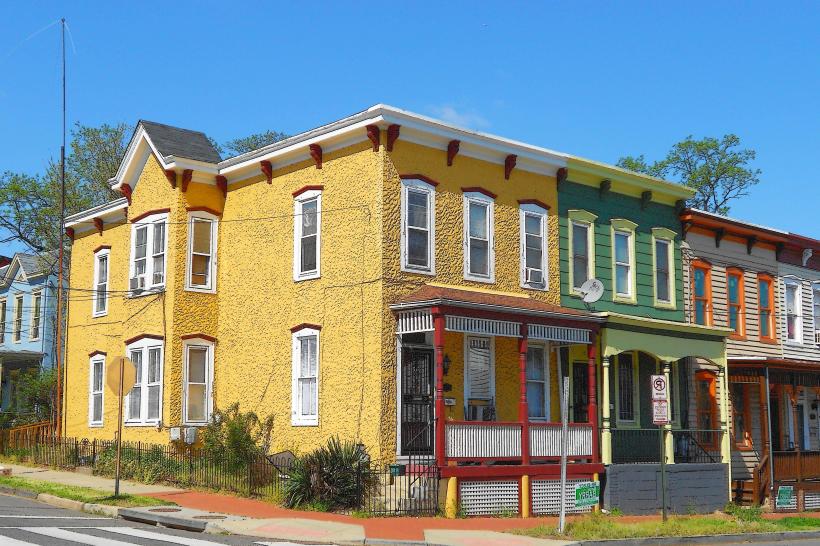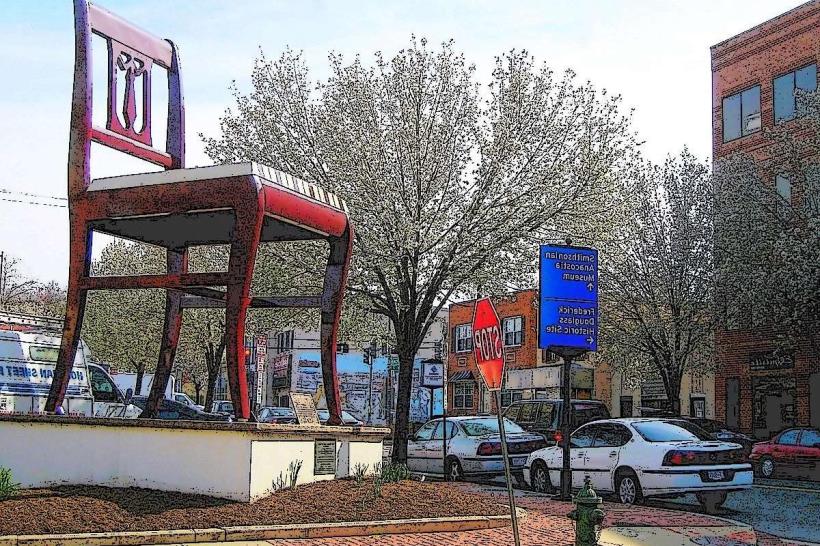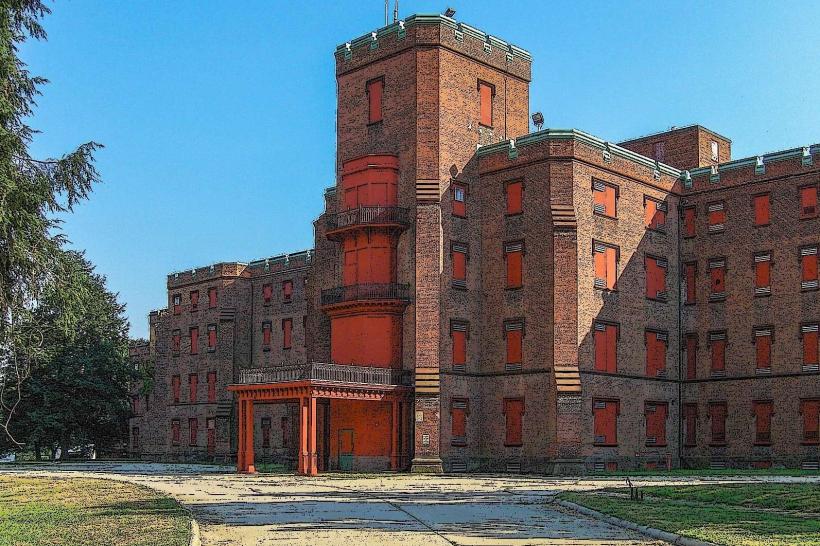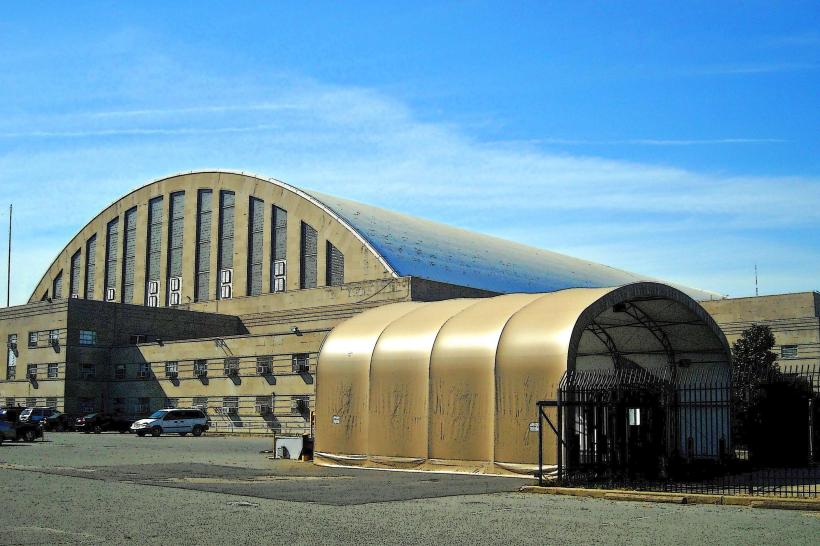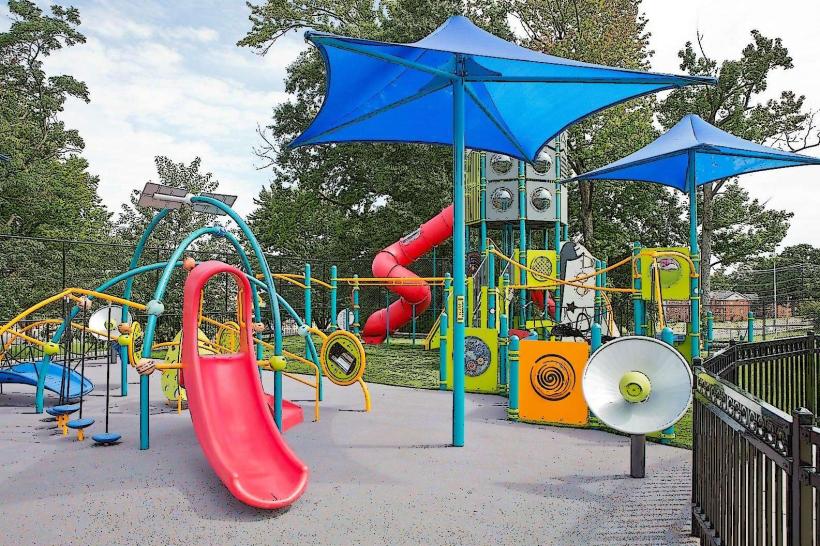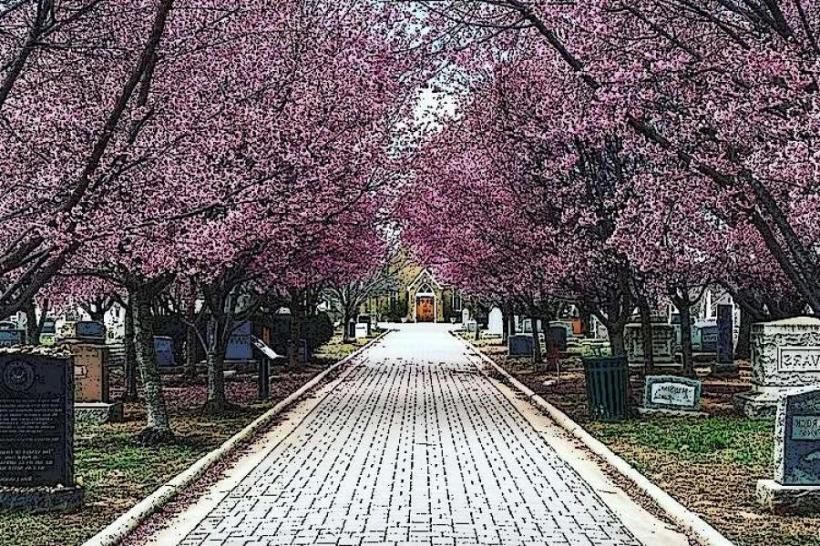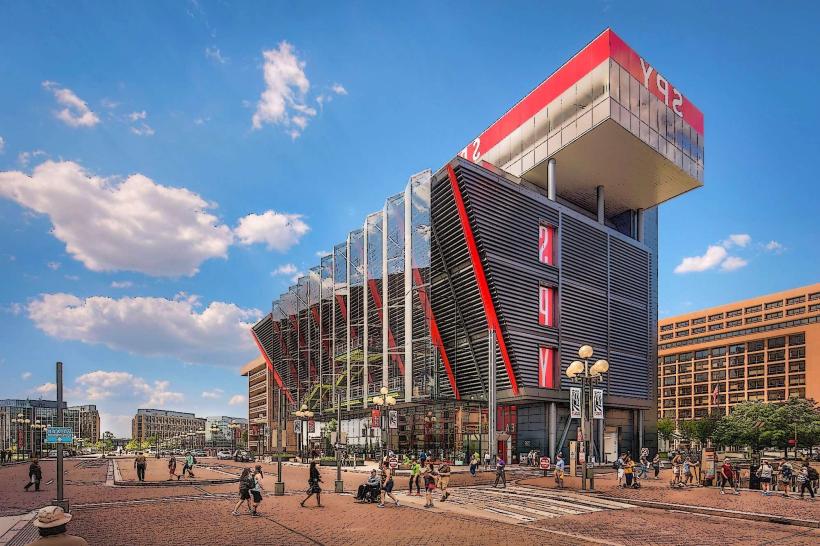Information
Landmark: Frederick Douglass National Historic SiteCity: Southeast Washington
Country: USA Washington DC
Continent: North America
Frederick Douglass National Historic Site, Southeast Washington, USA Washington DC, North America
The Frederick Douglass National Historic Site, commonly known as Cedar Hill, is a meticulously preserved landmark dedicated to the life and legacy of Frederick Douglass, one of the most influential African American figures in American history. Located in the Historic Anacostia neighborhood of Southeast Washington, D.C., the site encompasses Douglass’s former home and surrounding grounds, offering a profound insight into his personal life, his work as an abolitionist, orator, writer, and statesman, and the broader historical context of the 19th century.
Historical Background
Frederick Douglass purchased the Cedar Hill estate in 1877 after achieving national prominence for his powerful speeches against slavery, his tireless advocacy for civil rights, and his influential autobiographies that exposed the brutal realities of slavery. The house, originally constructed between 1855 and 1859, was significantly expanded by Douglass to accommodate his family and activities. Over time, the estate grew to include 21 rooms, featuring a two-story library and additional kitchen wings, reflecting both Douglass’s social status and his intellectual pursuits.
Cedar Hill became Douglass’s residence for the final 17 years of his life until his death in 1895. During this period, Douglass continued to write, lecture, and campaign for equality, using the home as a base for his activism. Notably, he completed the last edition of his autobiographical work, Life and Times of Frederick Douglass, while living there.
Architectural and Landscape Features
The house at Cedar Hill is an imposing brick Victorian structure situated on a commanding hill overlooking the Anacostia River. The architecture reflects the mid-19th century style but was personalized by Douglass through the addition of porches, expanded living spaces, and functional areas like his private study and a family library.
The grounds include several outbuildings, the most notable being the reconstructed “Growlery,” a small stone structure where Douglass would retreat for quiet reflection, reading, and writing. The surrounding landscape features mature trees and gardens that provide a tranquil setting, emphasizing the estate’s role as a peaceful refuge for Douglass amid his busy public life.
Visitor Experience and Interpretation
The site is managed by the National Park Service and offers visitors a deeply educational experience through guided tours, exhibits, and multimedia presentations:
Ranger-Guided House Tours: These are the centerpiece of the visitor experience, providing access to the interior of Cedar Hill. Through detailed interpretation, visitors learn about Douglass’s family life, his political activities, and the significance of various rooms within the home. The tours highlight Douglass’s role in abolition, Reconstruction, and civil rights, contextualizing his achievements against the social and political backdrop of post-Civil War America.
Visitor Center Exhibits: Located near the base of the hill, the visitor center presents artifacts, photographs, and documents related to Douglass’s life and legacy. A short film, Fighter for Freedom: The Frederick Douglass Story, offers a compelling visual narrative of his life journey, from enslavement to statesmanship.
The Growlery: Behind the house, the reconstructed Growlery offers insight into Douglass’s private intellectual space, illustrating the importance of solitude and reflection in his life as a thinker and writer.
Educational Programs and Events: The site frequently hosts lectures, workshops, and commemorative events that explore themes of social justice, civil rights, and African American history. These programs engage diverse audiences and help connect Douglass’s legacy to contemporary issues.
Accessibility and Logistics
Location: The site is located at 1411 W Street SE, within walking distance of the Anacostia Metro Station, making it easily accessible by public transit.
Parking: There is a parking lot adjacent to the visitor center for those arriving by car.
Hours: The site is open Tuesday, Wednesday, and Saturday, with seasonal variations in hours. It closes on major holidays like Thanksgiving, Christmas, and New Year’s Day.
Tour Reservations: House tours are free but require advance reservations through the National Park Service or Recreation.gov due to limited capacity. Visitors are encouraged to book well in advance to secure a spot.
Significance and Legacy
The Frederick Douglass National Historic Site serves as a vital monument to Douglass’s enduring contributions to American society. It preserves not only his physical residence but also the spirit of his fight for freedom, equality, and human dignity. The site offers visitors a unique opportunity to engage intimately with the history of slavery, emancipation, and the long struggle for civil rights through the lens of one of its most iconic leaders.
As a place of memory and education, Cedar Hill fosters reflection on the challenges of the past while inspiring ongoing dialogue about justice and equality in the present. It remains a cornerstone for understanding the African American experience and the broader narrative of American democracy.
Summary
The Frederick Douglass National Historic Site at Cedar Hill is a richly preserved historic home and educational resource that chronicles the life of a pivotal figure in U.S. history. Through its architecture, exhibits, and programming, it offers comprehensive insight into Douglass’s personal life, his activism, and the social transformations he helped shape. The site stands as a testament to resilience, leadership, and the enduring quest for civil rights, making it an essential destination for anyone seeking to understand American history from a deeply human perspective.



